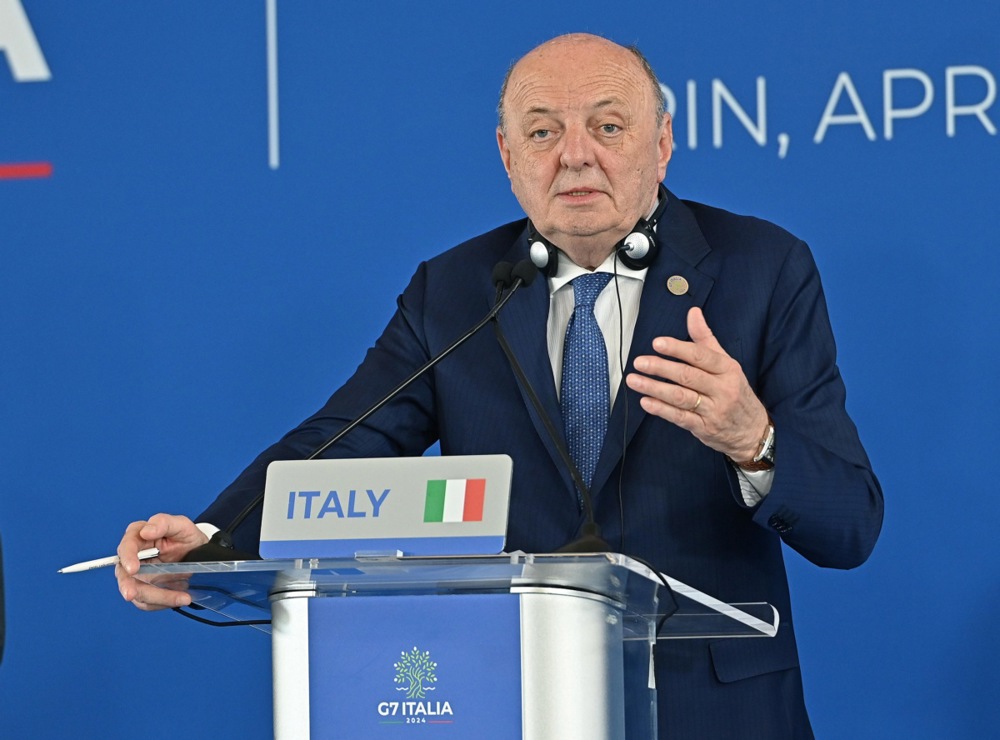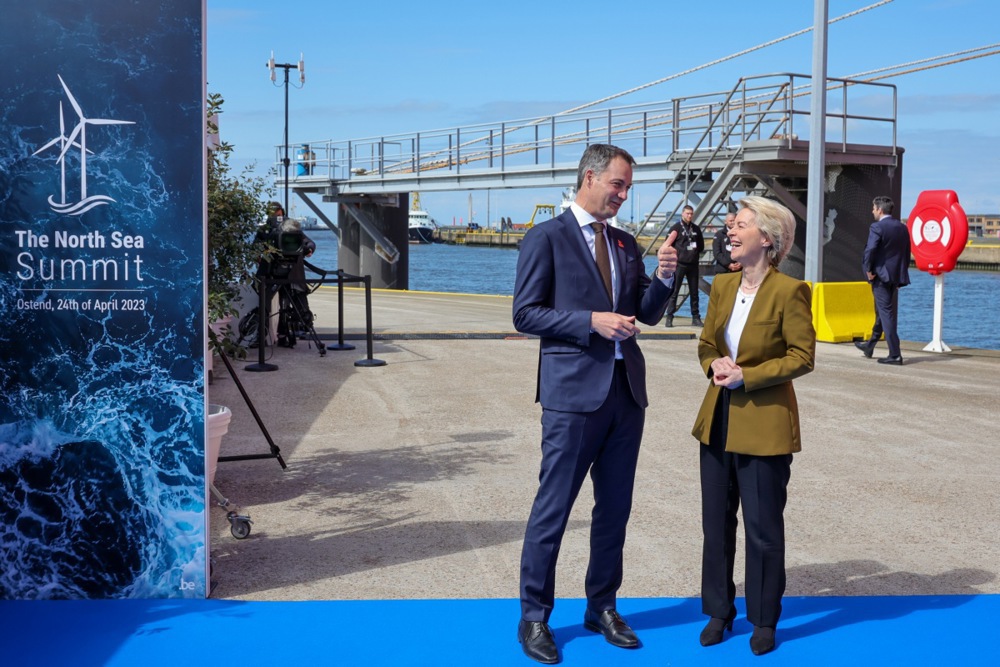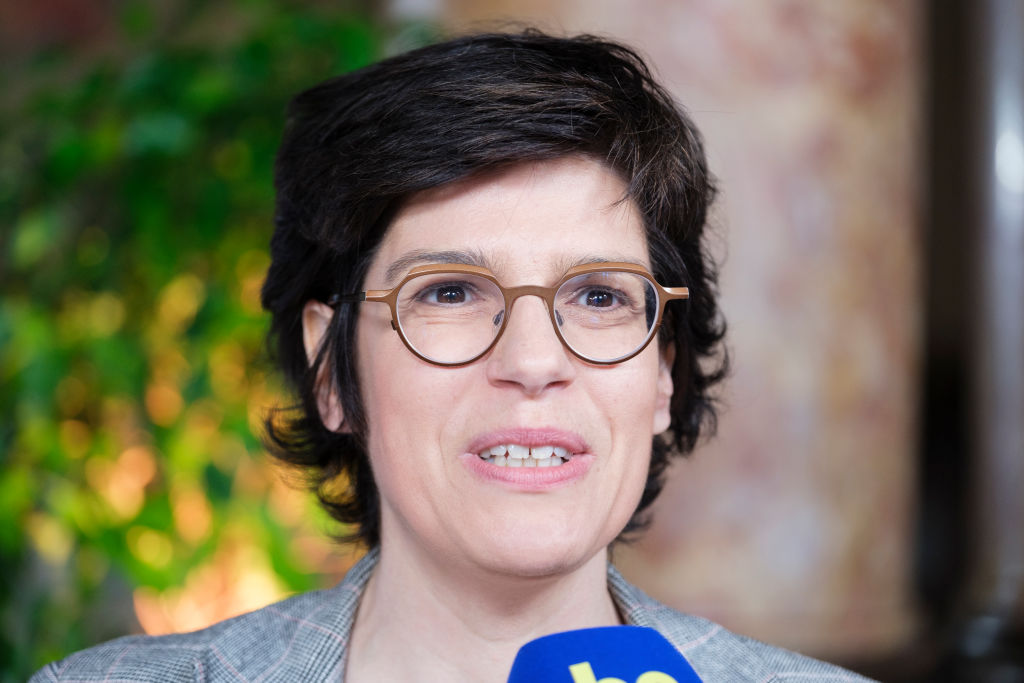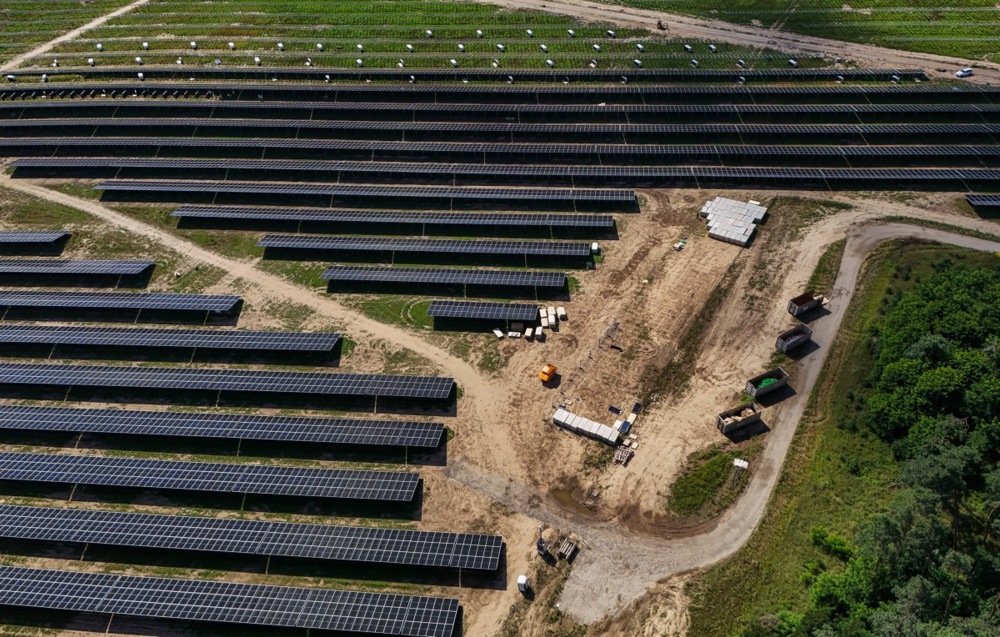Bosses from the largest UK energy suppliers say “green” policies are so costly that bills would go up for consumers even if it were free.
The revelation came during a grilling yesterday by the House of Commons Energy Security and Net Zero Committee.
With the energy price cap due for review, the average dual-fuel gas and electric bill is poised to climb towards £1,900 annually (€1,650), leaving the poorest families to choose between heating and eating.
While energy price rises have traditionally been blamed on “greed” by energy companies and multinationals, it appears the persistent increases in the UK are the result of government policies, more specifically green levies embedded in every electricity bill, experts said.
Leaders of the “Big Six” energy companies – OVO Energy, Octopus Energy, E ON Energy UK, Centrica, EDF UK, and ScottishPower – testified in parliament regarding the levies’ role in the affordability crisis.
Rachel Fletcher, director of regulation and economics at Octopus Energy, the UK’s biggest supplier, forecast a 20 per cent surge in electricity prices over the next four to five years unless the government changes course.
“If we continue on the path we are on right now, in all likelihood electricity prices for a typical customer are going to be 20 per cent higher in four or five years’ time, and that’s even if wholesale prices halve,” she told MPs.
“The country as a whole at the moment is paying over £20 billion (€17.4 billion) a year on their electricity bills for policy costs. Now the projections are that is going to increase,” Fletcher said.
She noted that electricity prices in the UK were among the highest in the industrialised world.
Chris Norbury, the CEO of E.ON, said: “Some of the modelling we have suggests you could get to 2030 where if the wholesale price was zero, bills would still be the same as they are today because of the increase in those non-commodity costs.”
Simone Rossi, CEO of EDF UK, noted that the high cost of electricity, relative to gas, discourages customers from switching to electric alternatives. He also said electricity prices in the UK are significantly higher than in many other countries.
“From point of delivery, the cost of serving customers in the UK is about £100 (€115) per annum, and in France it is €45,” he said.
“This is driven by the fact we have very complex regulation which has become more sophisticated over the years.”
Without Net zero taxes and subsidies the renewables industry is not viable.
Here energy bosses explain that even if wholesale bills were halved or even zero! Our bills will be 20% higher in 5 years.
Brilliant strategy Ed, just brilliant. Failure made profitable by us 🤡 pic.twitter.com/PQObZPijhN
— Bernie (@Artemisfornow) October 15, 2025
Levies, which fund everything from renewable subsidies to energy efficiency schemes, now constitute around 16 per cent of an average UK electricity bill, and 6 per cent of an average gas bill. This marks a sharp rise in just a few years.
For a typical household, that is an extra £200 to £300 (€174 to €260) annually, a sum that could cover a month’s groceries for many.
Fletcher said more than 70 per cent of UK households are concerned about paying their energy bills.
“You have to get to households who are earning £100,000 or more before you see that concern start to fall off,” she said.
There were calls for a social tariff, lessening the burden for low-income families but this would most likely be paid by other bill payers or taxpayers.
The energy chiefs were also critical of Ofgem, the UK energy regulator, over some practical matters as well, such as the roll-out of smart meters, a review of standing charges and its bloated workforce. Smart meters automatically send customers’ energy usage data to their supplier, limiting the need for manual readings and ensuring more accurate billing.
Under the UK Government’s net zero strategy, revenue from levies is being redirected to fund a sweeping transformation of the electricity grid. The goal is to prepare the system for a future where renewable sources, such as wind and solar farms, become the backbone of Britain’s energy supply.
UK energy secretary Ed Miliband’s office said the warnings of the energy companies leaders were “speculation”.
A spokesman blamed the high prices for wholesale gas on the Russian invasion of Ukraine.
“The only way to bring down energy bills for good is by making Britain a clean energy superpower, which will get the UK off the rollercoaster of fossil fuel prices and onto clean, homegrown power that we control,” he added.
Miliband has faced calls for an investigation after allegations that he pressured the newly nationalised National Energy System Operator (Neso) to back his Clean Power 2030 plan.
Neso, tasked with independently assessing the proposals, concluded they were “a huge challenge but achievable”, a verdict that supported Miliband’s agenda despite industry scepticism.
The report’s independence, though, was later questioned after emails revealed Miliband’s team apparently influenced its drafting, including the “tone” and press release. Miliband’s office claimed this was “standard practice”.
COMMENT: Net zero is a threat to the West’s security: We are menaced by Russia and other hostile powers – Europe must now devote all its energies to rearming, not pursuing fantastical aspirations, writes @ConradMBlack. https://t.co/OckjwzcgvN
— Brussels Signal (@brusselssignal) March 6, 2024





